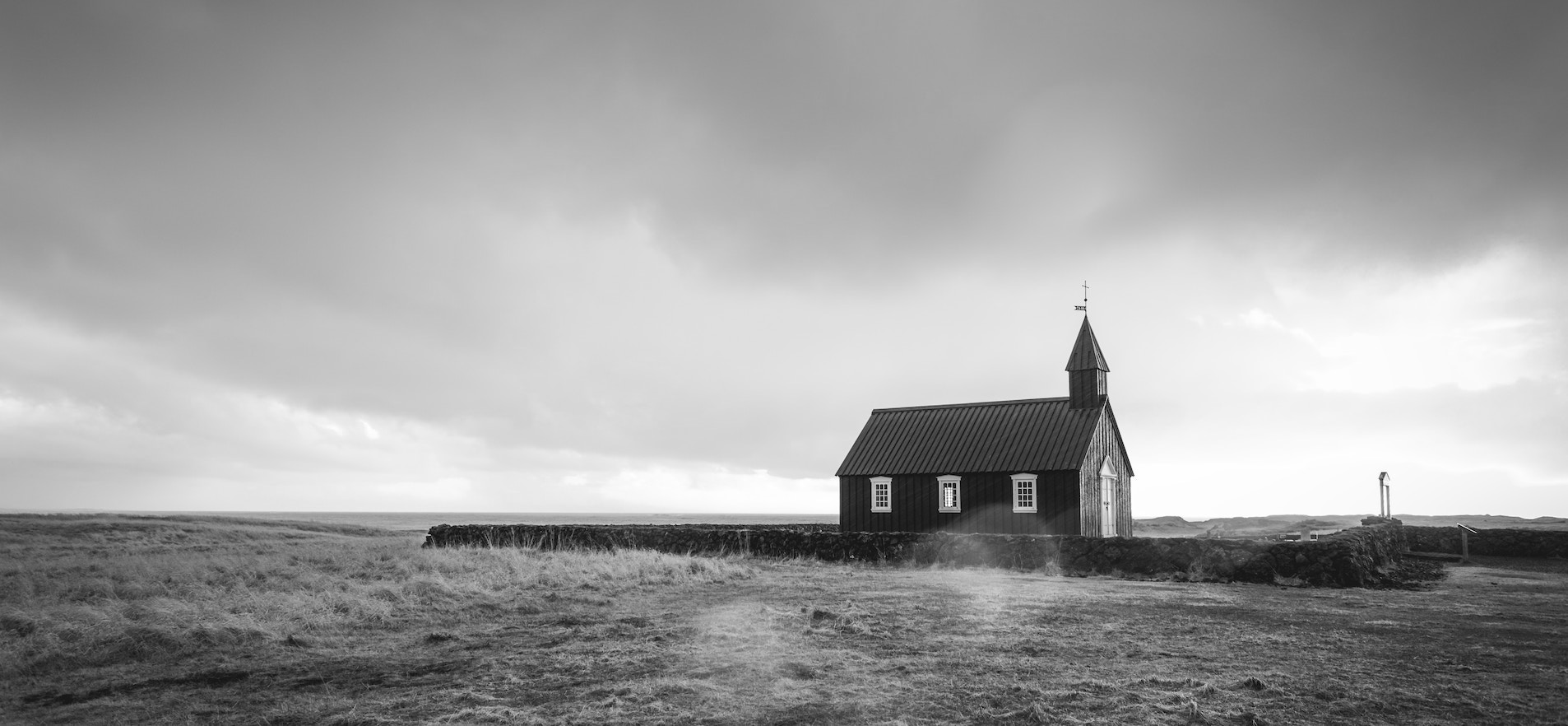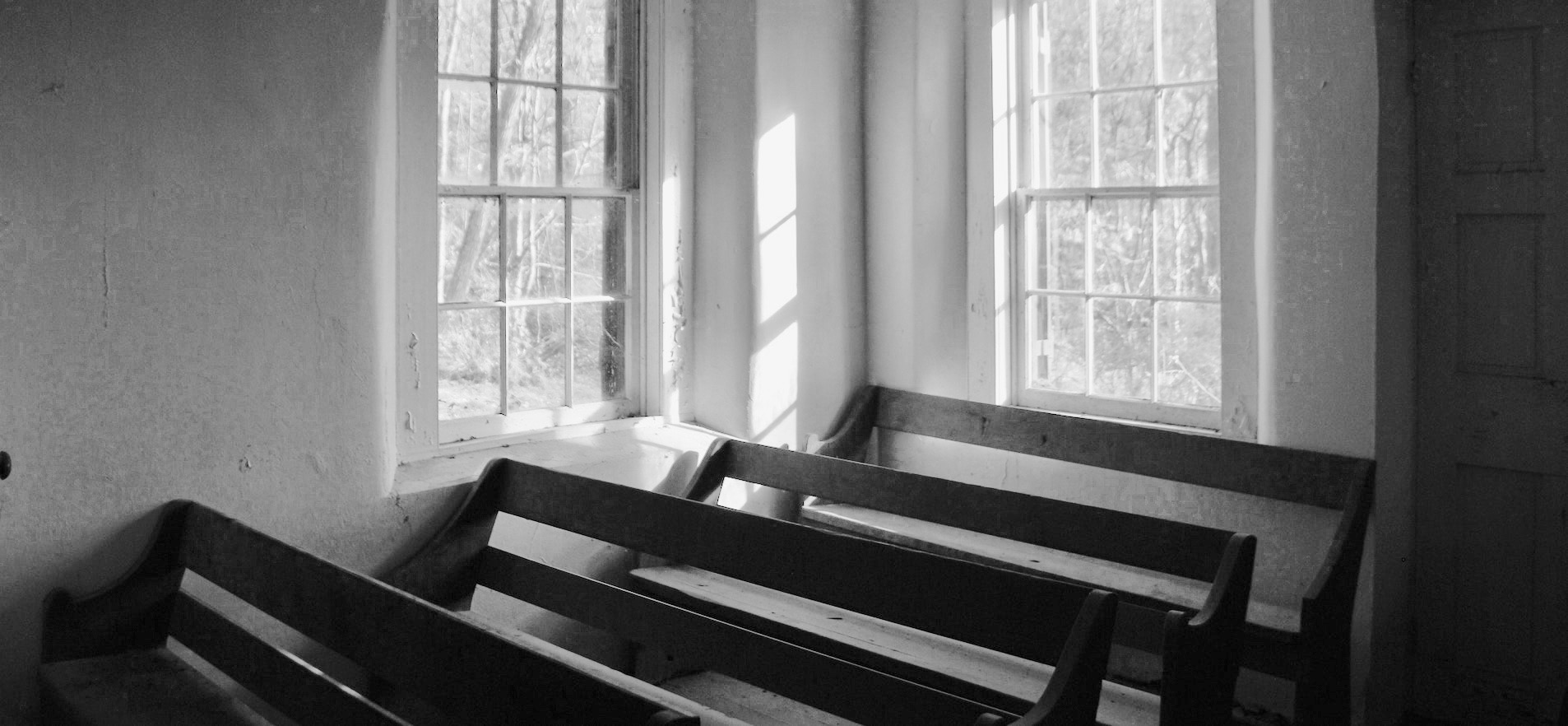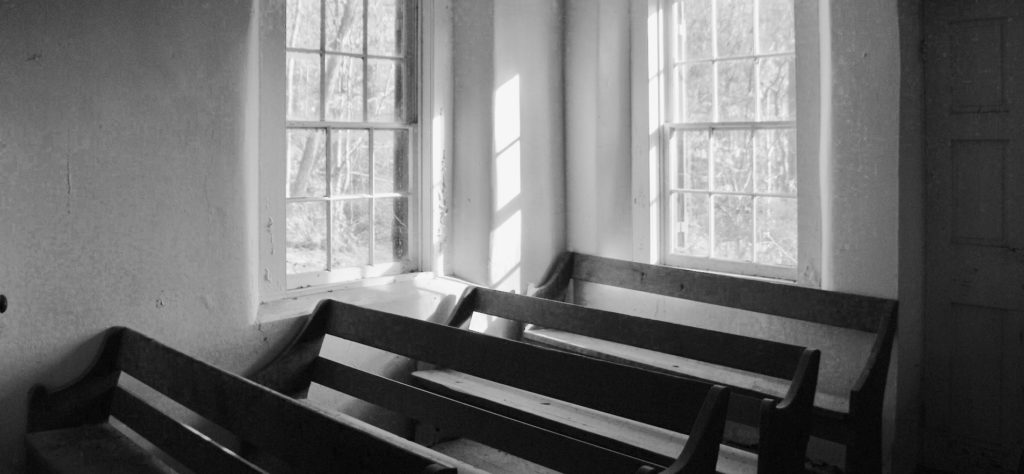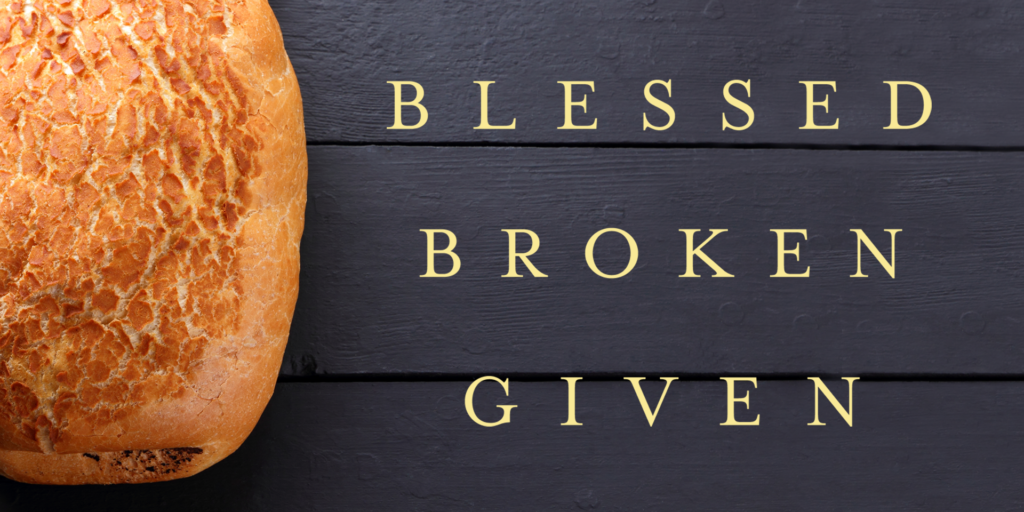Episode 098: An Interview with Dr. Derwin Gray // The Good Life: What Jesus Teaches About Finding True Happiness
In this episode we sit down with our good friend Dr. Derwin Gray to talk with him about his new book, The Good Life: What Jesus Teaches About Finding True Happiness. Grab a copy for yourself here.

Be sure to subscribe to our YouTube Channel and follow us on Instagram, Facebook and Twitter to stay connected with us throughout the week!
In 2014, we were a four-year-old church plant, and I started discovering that regardless of race or social class, people were not happy… so I started wondering, “What did Jesus say about happiness?”
Hiding in plain sight, in the greatest sermon ever preached, by the greatest preacher that ever preached, Jesus (in the beatitudes) teaches us about true happiness…
Jesus outlines eight characteristics that are actually a living portrait of himself… and we are invited to enter into Christ and his story… happiness is not about perpetually having good things happen… it’s about God making us good for the world…
Happiness is the divine birthright of every child born into the kingdom of God… but it is a happiness that is better than feelings… it is something that happens to you as you become like Christ… the beatitudes turn us into people we would want to be friends with…
Jesus is not a product and the church is not a corporation… we’re not selling a product to a group of consumers to help them fulfill something that THEY need fulfilled in their lives…
So much of the modern church has been built on a consumeristic understanding of Jesus… a Jesus that is merely used for what he can give us is not a Jesus that we can adore… and a Jesus we cannot adore is a Jesus we cannot worship…
The good news is that there is a new king, who is the true Lord of all and has launched his kingdom on earth, and now is welcoming us into his kingdom to fulfill the purpose for which we were created…
We will never treat someone above the label we give them… and “neighbor” is how Jesus describes humanity… we are called to treat everyone like Jesus died for them, because he did…







